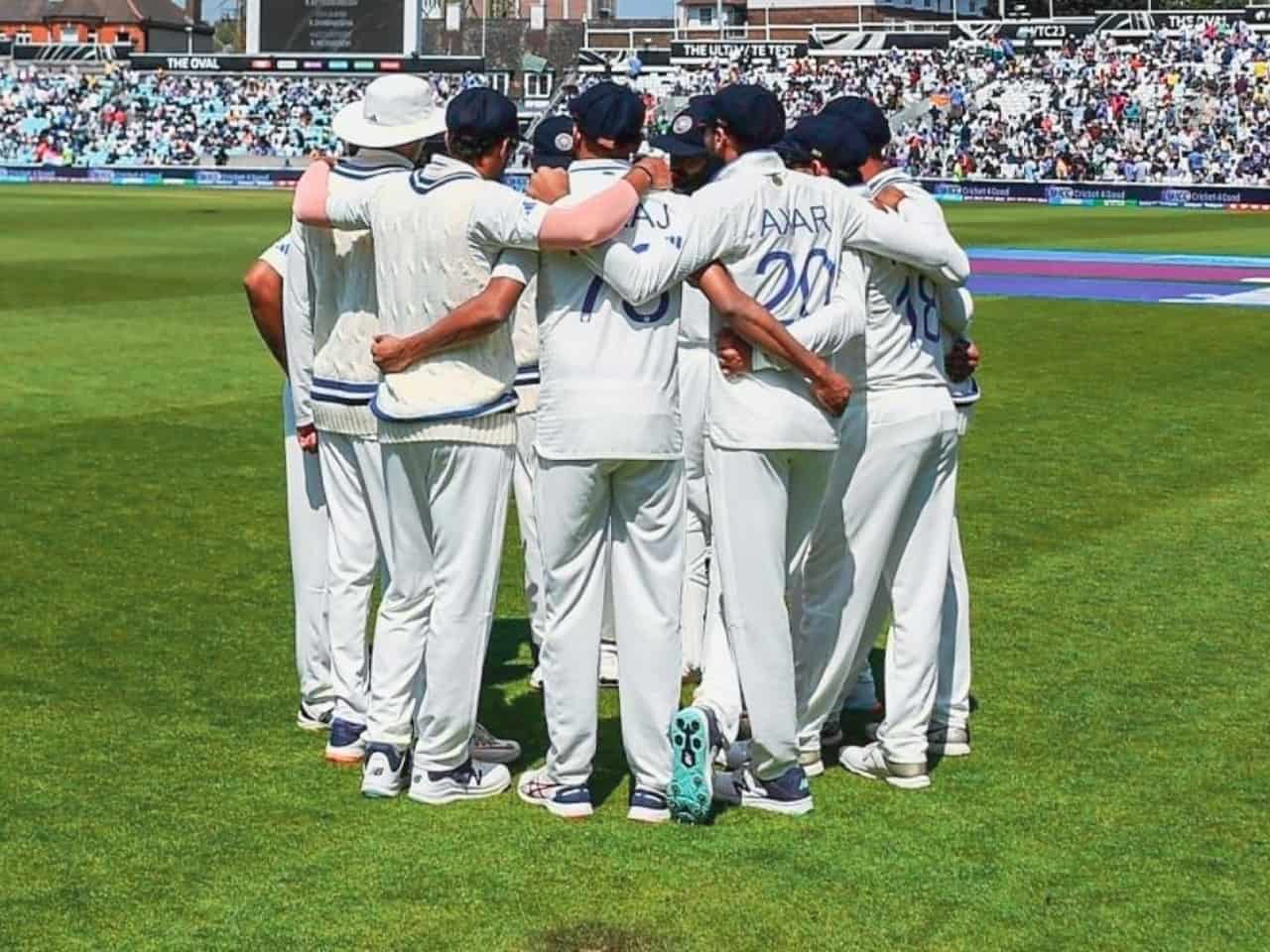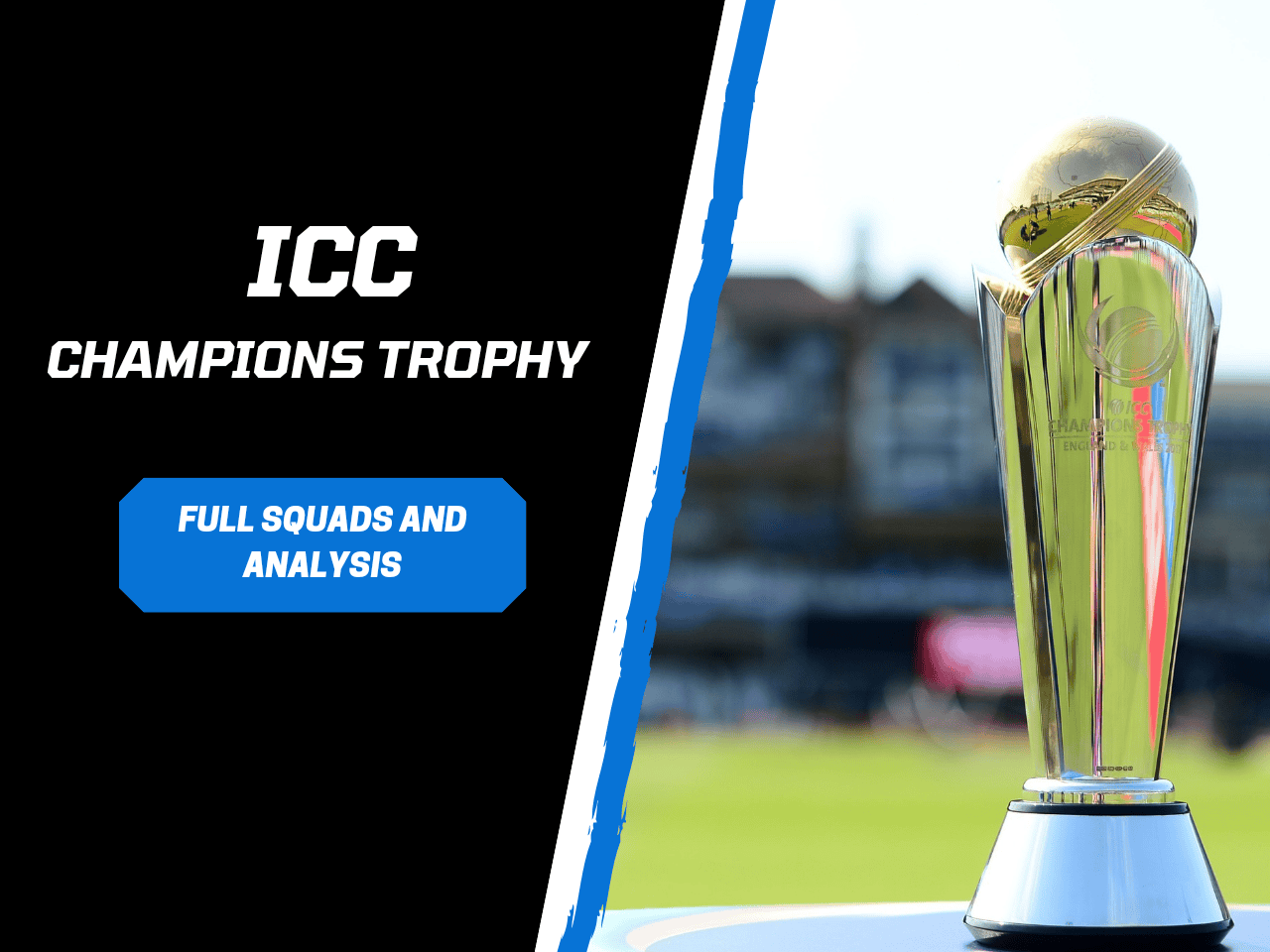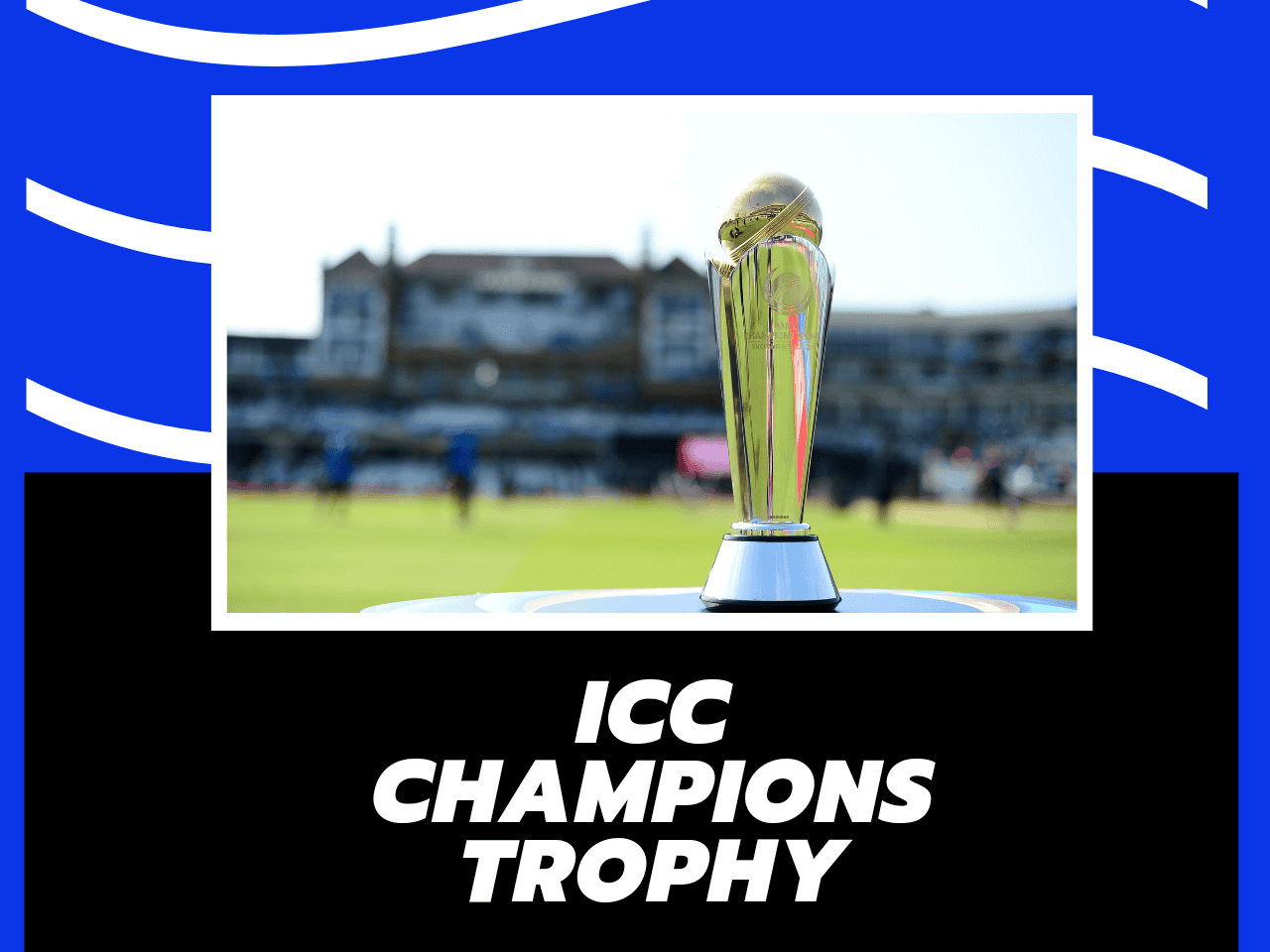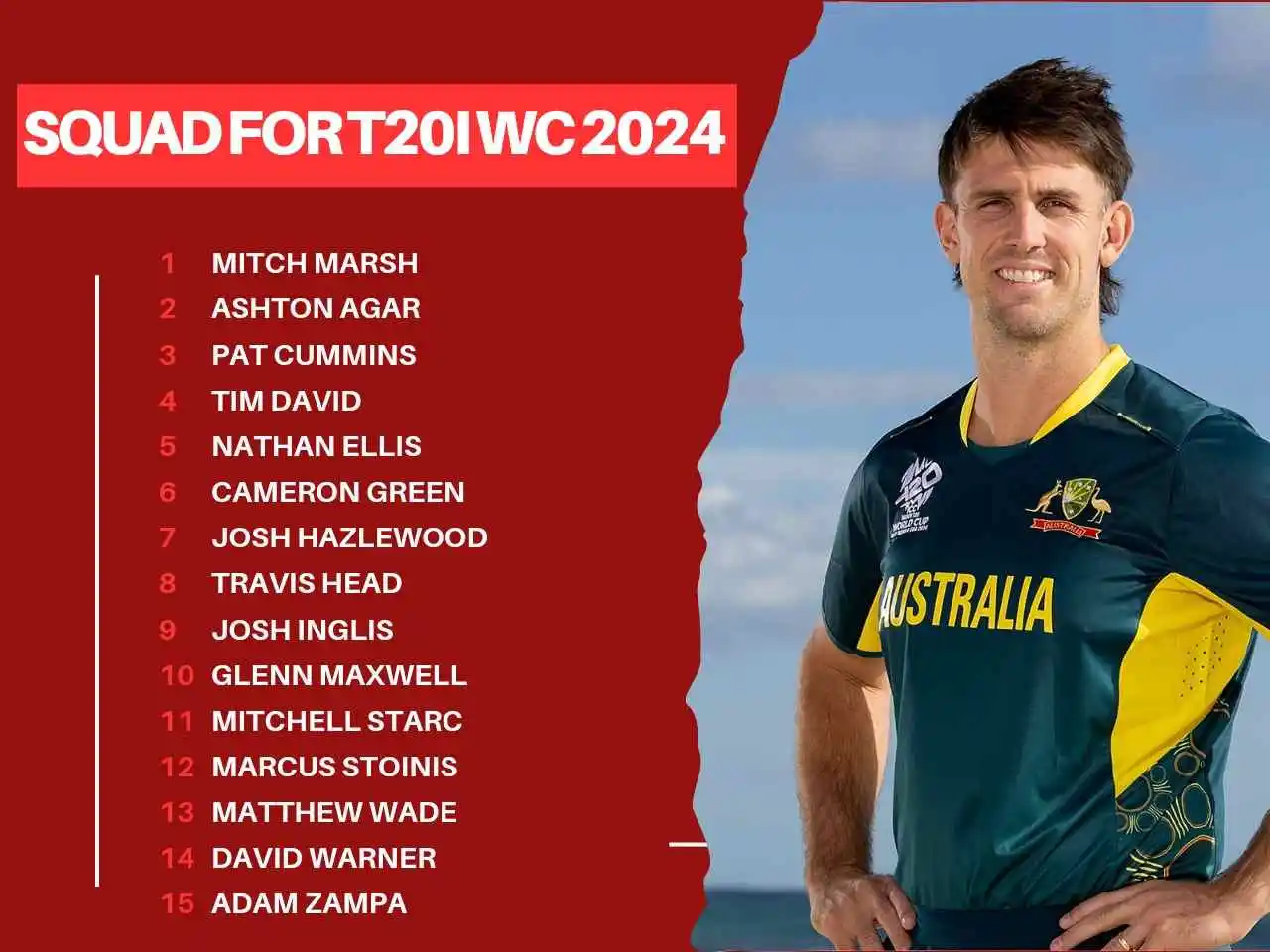Prior to the advent of the T20, the best cricket team in the world was determined by One-Day International (ODI). It took some time for the public to get used to this scheme, to make a number of changes and adjustments to the organization of the process. But for a long time, the principle of ODI worked and was the determining factor for spectators in the world of cricket.
In the late 90s, the game began to develop and there was a noticeable increase in spectator interest in ODI, while the old approaches were slowly fading away. Cricket was still one of the most conservative sports, but innovations still did not bypass it. Your attention – the top five teams of the 2000s of the ODI era.
Contents
Australia
Without any doubt, it is the Australian team that should be called the strongest over the past two decades. She won a lot of trophies, dominating the world of cricket, and in some places simply mocking her rivals. Her aggressive style regularly resulted in many opponents giving up before the game before the power of the Australian attack.
Ricky Ponting was the leader who provided fear in the eyes of opponents and excitement in the players of the Australian team. This team had both technical and powerful batters. Whether playing attacking or defensive, Australia has always been a force to be reckoned with and adjusted to. What can we say, if at that time any victory over the Australian team was perceived as a real sensation.
The Australian national team is still one of the strongest teams in the world, most recently it beat India. It is worth betting on its matches at the Mostbet bookmaker, information about which can be found on the website mostbetbd.com. This bookmaker accepts players from India and Bangladesh providing them with a quality cricket line.
South Africa
Who could impose the fight on Australia at that time was the South African team. Under the leadership of Graham Smith, the South African team produced several tactical innovations that changed the world of cricket forever. They reformatted the dynamics of the game and revolutionized cricket.
The South African team had some truly star players such as AB de Villiers, Herschelle Gibbs, Jacques Kallis and Mark Boucher, but most of all, South Africa was strong as a team that could play as effectively as possible against fearsome Australia.
Pakistan
The Pakistan team has always been unstable, but in the 2000s they were able to make a generational change and become a serious player on the world stage. Several stars of the team ended their careers in the 2000s, but a number of experienced athletes still formed the backbone of the team, which headed for rejuvenation.
This team never had a “golden mean” – it either worked miracles or failed, which made its fans nervous a lot. But at the same time, she admired her gambling and fearless style of play. Pakistan was one of the few teams to beat Australia in 2002. In addition, the team won several times in a principled confrontation with India.
Sri Lanka
The Sri Lankan national team made itself known back in the 90s, when it won the World Cup in 1996. In the 2000s, this team was already among the strongest in the world, and in 2007 it was able to become the second in the ICC World Championship.
The Sri Lankan team had their own unique style and a number of bright performers such as Chaminda Vaas and Muttiah Muralitharan. But Lasith Malinga stood out in particular, which was a favorite of the public not only in Sri Lanka.
India
The Indian national team spent the first decade of the 2000s under the sign of constant match-fixing scandals. But still, she remained in the world elite and tried to change to new trends in cricket. India managed to get some important victories over Pakistan, but most importantly, the approach to team formation has changed. Modern developments appeared, and the Indian national team began to catch up with the leaders of world cricket just then – in the first decade of the 2000s, when it seemed that cricket in India would drown in scandals.




